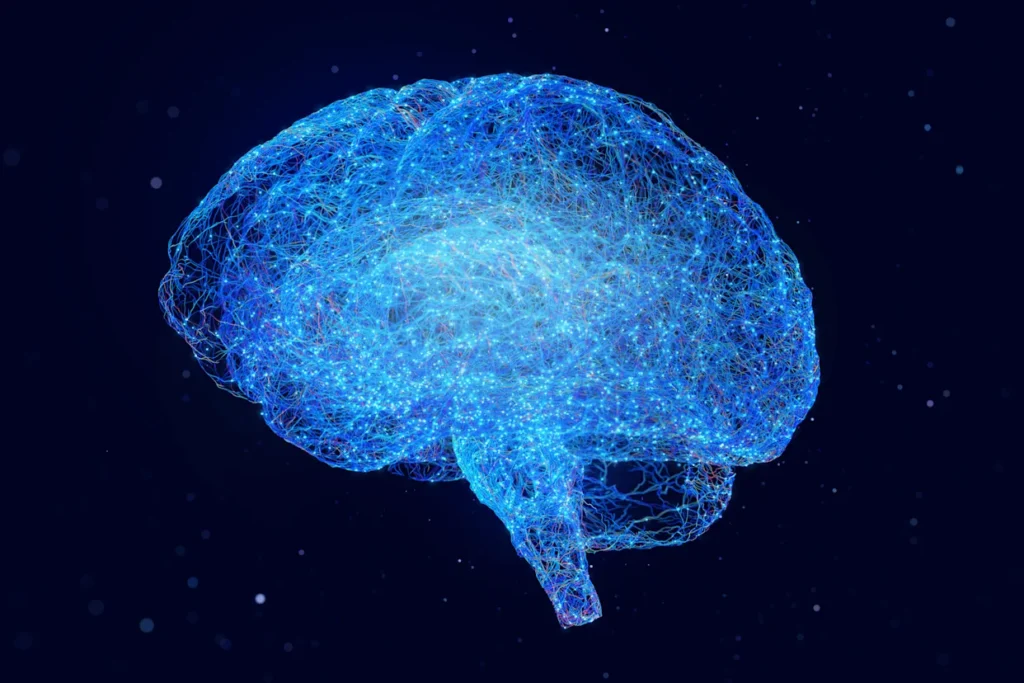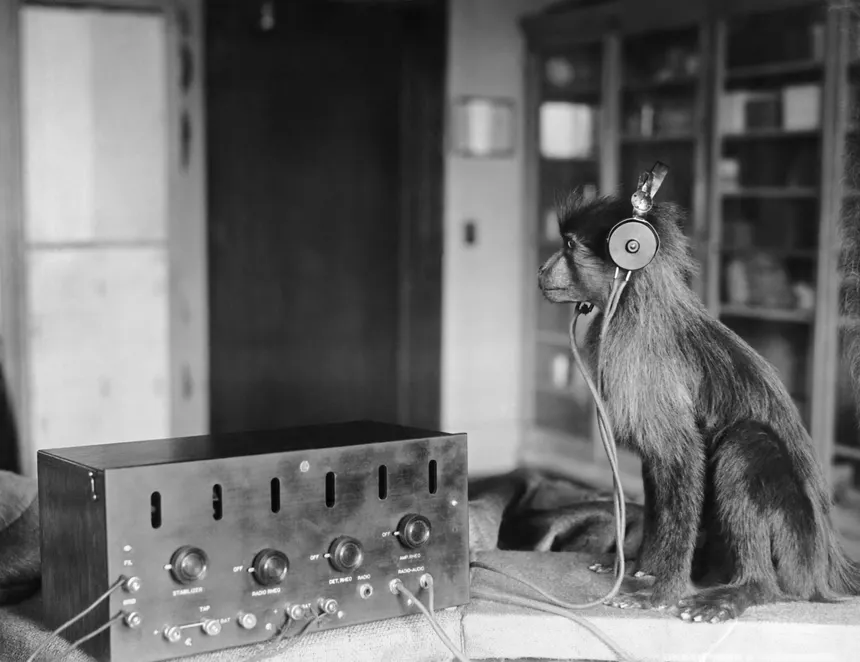“How Old Is Your Brain? New Science Reveals the Truth”

Introduction: How Old Is Your Brain, Really?
While we typically think of age in terms of birthdays, scientists now believe your biological brain age may differ significantly from your chronological age. In other words, your brain might be aging faster or slower than the rest of your body—and thanks to emerging technology and neuroscience, it’s easier than ever to measure and track this hidden number.
Your brain’s “real age” could reveal more about your cognitive health, risk of neurodegenerative diseases, and overall well-being than the candles on your birthday cake.
What Is Brain Age?
Brain age is a concept that uses biological, neurological, and cognitive markers to assess how “old” your brain appears compared to your actual age. While chronological age is fixed, brain age is dynamic, influenced by:
- Genetics
- Lifestyle
- Diet
- Stress
- Sleep
- Exposure to toxins
- Mental activity
- Medical conditions
An “older” brain age could indicate accelerated cognitive decline, while a “younger” brain age may reflect resilience, neuroplasticity, and healthier brain function.
How Brain Age Is Measured
Technological advances have made it possible to estimate brain age with increasing accuracy using tools such as:
🧠 MRI and Brain Scans
- Machine learning models analyze structural features of the brain (such as cortical thickness and white matter integrity) to predict age.
- Deviations from expected brain structure patterns may reveal early signs of Alzheimer’s, dementia, or other neurological issues.
🖥️ AI-Powered Brain Age Calculators
- Online cognitive tests powered by artificial intelligence assess reaction times, memory, problem-solving, and mental flexibility.
- These tools offer quick estimates of brain age based on how your results compare to age-based norms.
🧪 Biomarkers and Genetic Testing
- Emerging research points to epigenetic markers (such as DNA methylation) that may indicate brain aging.
- Blood-based biomarkers for inflammation or neurodegeneration may offer additional insight.
Why Brain Age Matters
An older brain age—especially when it’s more than 5 years above your real age—can be a red flag. According to studies from Cambridge, Harvard, and the UK Biobank project, brain age may predict:
- Risk of Alzheimer’s and dementia
- Cognitive decline and memory loss
- Mental health issues (depression, anxiety)
- Slower reaction time and reduced executive function
- Poorer academic or occupational performance
Conversely, a younger brain age may reflect:
- Strong neural connections
- Better emotional regulation
- Lower risk of age-related diseases
- Higher adaptability and learning capacity

What Accelerates Brain Aging?
Multiple factors contribute to an older brain age:
- Chronic stress and cortisol overload
- Poor sleep quality or sleep deprivation
- Sedentary lifestyle and lack of aerobic exercise
- Smoking, alcohol, and drug use
- High-sugar, high-fat diets
- Social isolation and lack of mental stimulation
- Chronic diseases (e.g., diabetes, hypertension)
Research has shown that people with mental health conditions, such as depression or PTSD, may have brains that appear older than average.
How to Keep Your Brain Young
The good news? Brain age isn’t fixed. Through neuroplasticity (the brain’s ability to adapt and rewire), you can slow, and in some cases reverse, signs of accelerated brain aging.
Here’s what experts recommend:
🏃♂️ Exercise Regularly
- Aerobic activities like walking, swimming, or cycling boost brain-derived neurotrophic factor (BDNF), which supports neuron growth.
🥦 Eat a Brain-Healthy Diet
- The MIND diet, a hybrid of the Mediterranean and DASH diets, emphasizes leafy greens, berries, nuts, whole grains, and fish.
😴 Prioritize Quality Sleep
- Sleep is critical for memory consolidation and brain detox. Aim for 7–9 hours nightly.
📚 Challenge Your Mind
- Learning a new language, playing chess, or solving puzzles keeps the brain active and resilient.
💬 Stay Socially Connected
- Social engagement helps reduce cognitive decline and supports mental health.
🧘♀️ Practice Stress Reduction
- Mindfulness, meditation, and breathing exercises reduce cortisol and promote brain balance.
🧪 Get Screened and Track Your Health
- Monitor blood pressure, cholesterol, glucose, and inflammation levels—all of which impact brain health.
The Future of Brain Age Testing
Innovative startups and research institutions are developing accessible platforms for personal brain age assessments, integrating:
- Neuroimaging
- Wearable technology
- Mobile-based cognitive testing
- Personalized brain health dashboards
As these tools become more widespread, tracking brain age may become as routine as checking your heart rate or steps walked.
Conclusion: It’s Not Just How Old You Are—It’s How Old Your Brain Feels
Brain age is fast becoming a new frontier in personalized health and longevity science. As we live longer, how well we age cognitively may be more important than how many years we celebrate.
By taking simple steps—like staying active, eating well, and challenging your brain—you can add life to your years and youth to your brain.
The next time you think about age, ask yourself:
Is your brain keeping up—or speeding ahead?





